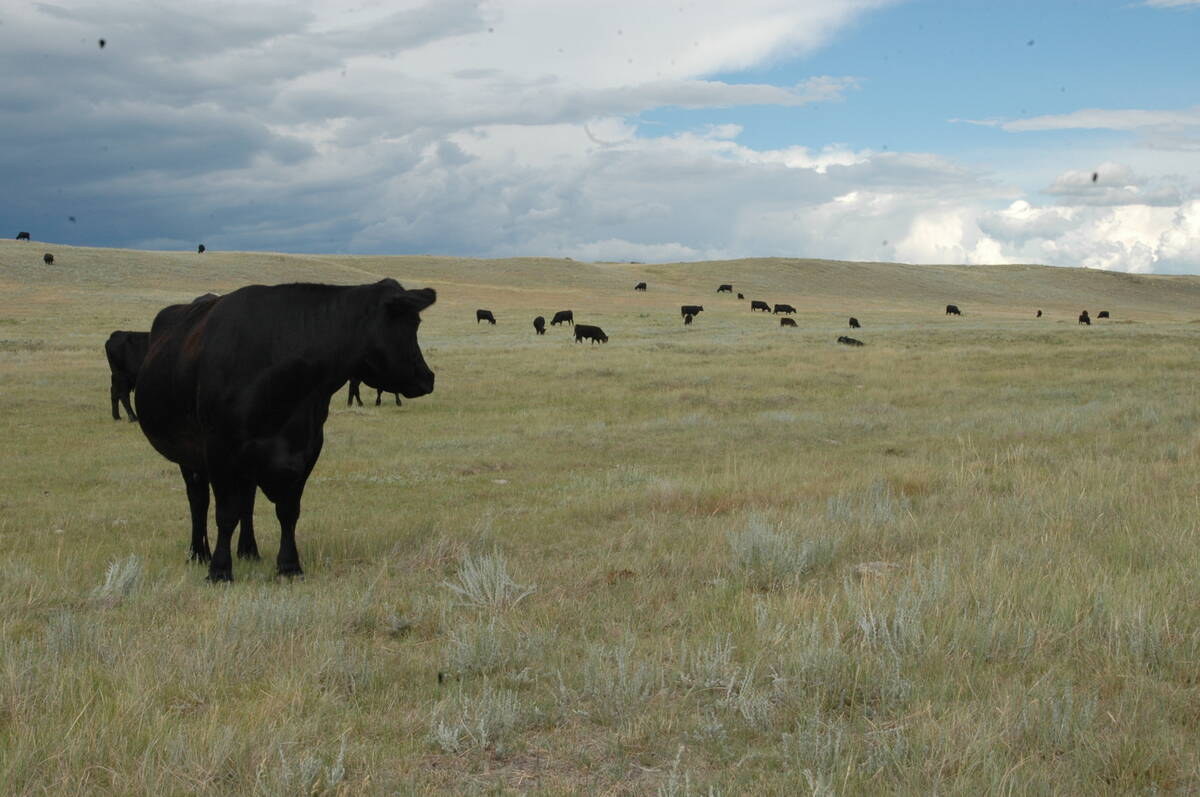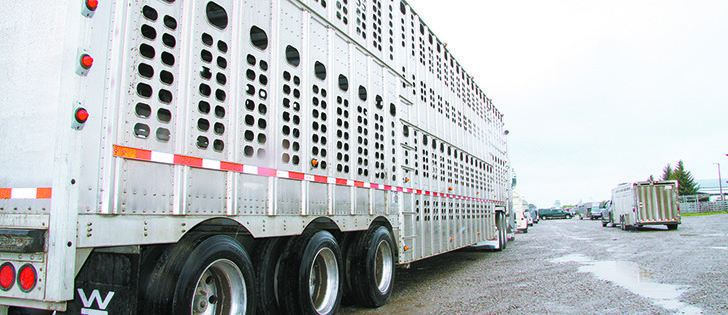Injunction blocked | Industry coalition plans to appeal judge’s decision to deny injunction for COOL implementation delay
Hopes for delayed implementation of revised U.S. country-of-origin labelling legislation were dashed Sept. 11 when a U.S. district court judge did not grant a preliminary injunction to block it.
The request for an injunction was made by a coalition of American meat and livestock groups, as well as the Canadian Cattlemen’s Association and the Canadian Pork Council.
“Everybody’s pretty disappointed,” said CCA executive vice-president Dennis Laycraft.
The coalition is likely to appeal the decision, he added.
Had the injunction been granted, it would have delayed full implementation of COOL this November. The meat labelling legislation was technically implemented in May, but a six-month “education period” will end in November and then fines and penalties will be issued for non-compliance.
Read Also

Saskatchewan Cattle Association struggles with lower marketings
This year’s change in the provincial checkoff has allowed the Saskatchewan Cattle Association to breathe a little easier when it comes to finances.
“That’s the real date that it becomes fully enforceable,” said Laycraft.
“That’s something that no one is looking forward to, including the U.S. industry.”
COOL rules require labels on beef, pork, lamb and poultry indicating the originating animals’ places of birth, slaughter and processing. All meat in packages must be from the same source, with the exception of hamburger.
The requirements will add costs and have discouraged U.S. processors from buying Canadian and Mexican livestock.
Livestock producers are already seeing price discounts for finished animals that are expected to be shipped south in November. As well, COOL continues to cause major losses for the pork industry.
Discounts will likely increase as the date of implementation draws closer, Laycraft said.
Price discrimination caused by COOL already costs cattle producers an estimated $640 million per year, and the CCA says those losses could double if the latest version of COOL is fully implemented.
In the pork industry, COOL has cost an estimated $1 billion per year since late 2008.
Laycraft said the request for an injunction was one part of a three-part strategy to fight COOL.
Last month, Canada and Mexico requested that the World Trade Organization establish a compliance panel as the next step in a process that saw the WTO last year determine that COOL was discriminatory. The U.S. then amended the legislation, which also drew objections from Canada and Mexico.
The U.S. blocked the compliance panel request, but this week Canada will make a second request, which cannot be blocked.
That means a panel will be established to determine whether amended COOL legislation complies with WTO rules.
Laycraft said the third part of the strategy is to support American organizations and lobbyists who are seeking legislative changes to COOL.
The judge who denied the preliminary injunction last week said the coalition failed to prove COOL would irreparably harm the livestock and processing industry.
However, Laycraft said he believes a number of U.S. meat processors will be in jeopardy if COOL goes ahead.
“Generally, the experts down there believe there’s at least one large plant that’s clearly at risk right now,” he said.
Smaller plants with fewer financial resources could also fold, leading to more consolidation in the meat packing sector.
















